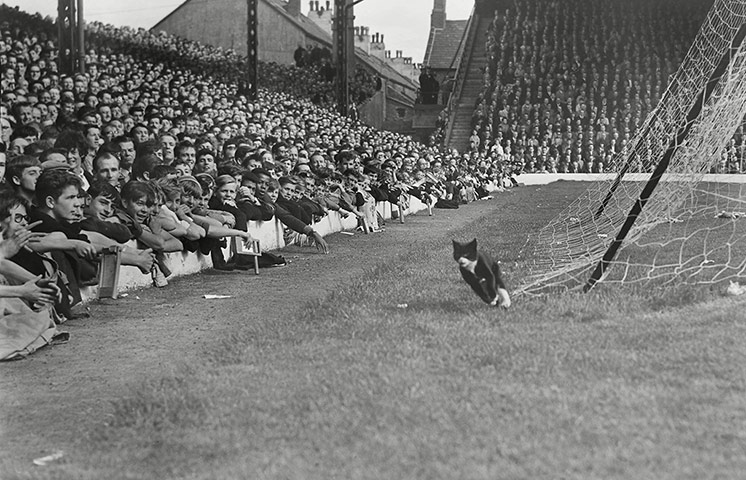'How people in Des Moinsed changed or didn't change their opinion on Germans and Germany from 1909 to 1920'? What the hells is that supposed to mean?
To sum up several weeks of research and my 13 page paper into a
couple sentences (lol) paragraph, basically from the period of 1909 to 1916, in Des Moines, Iowa you see very little shift in the popular opinion of Germans, German-Americans, and Germany. Germans and German-Americans are still associated with the high culture of Germany, and looked up to because of it. The German Imperial state, even going into World War One, isn't portrayed in a negative manner, it's just another state in Europe at war.
Come 1917 though, you see a very large shift in the perception of all things German. Suddenly, the German state is the enemy, and anything associated with it is conflated to a degree with that status. German-Americans are arrested across the country as "spies" and "foreign aliens," German names are changed to less German sounding names (one case of a Chicago hotel changing the name of two food items on their menu from "German fried potatoes" and "German pot roast" to "American noodles, potatoes, and pancakes"), and people in Des Moines are of the popular opinion that Germany is in need of a "good whipping" (albeit hesitant to actually send American troops to Europe to accomplish said whipping). Buuuuuuuut even though a large amount of people in Des Moines have switched to a very negative perception of Germany and German-Americans, it can not be stressed enough that some people did not. Des Moines had become a regional economic hub and decently sized city at this point, and hosted a wide variety of people with diverse opinions. At the same time German spies were being arrested,
Faust was being shown in the 10,000 seat Coliseum in the city center, among other exports of German culture.
Therefore, although opinions on Germans did change radically from 1916 to 1917, the impact German culture had on the area from the decades previous could not be erased in a single year, and some people were perceptive enough to not conflate the German state and German-Americans into a single bunch, separating the two entities. But yadda yadda yadda I can go on for 13 pages about this stuff, and I'm sure you don't want me to.







 ).
).